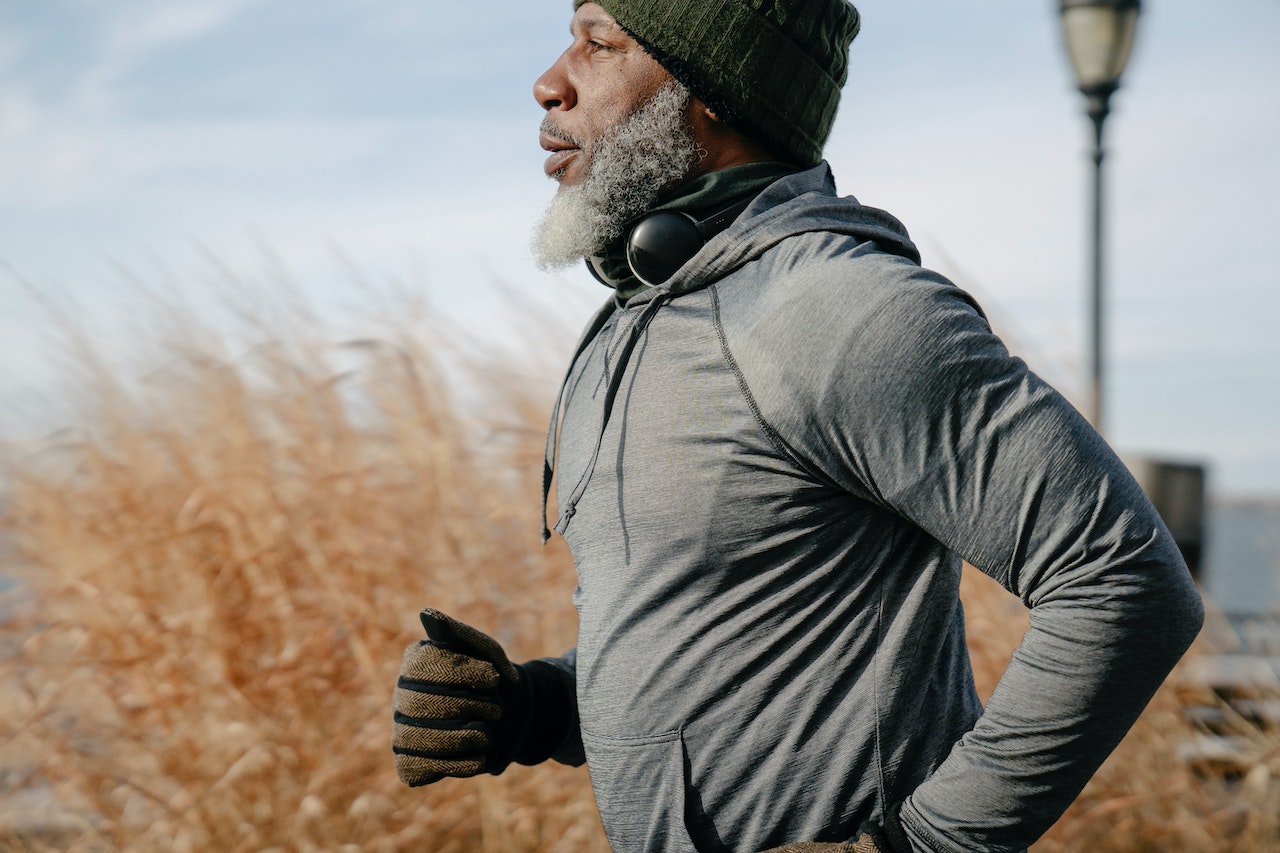Promoting healthy aging among seniors is of utmost importance as it enables them to maintain their independence, vitality, and overall well-being. By adopting effective strategies, seniors can enhance their quality of life and enjoy their golden years to the fullest.
Explores six approaches to support healthy aging, ranging from nutrition and exercise to social engagement and preventive care. Discover the key strategies that can empower seniors to age gracefully and maintain optimal physical, mental, and emotional health. By implementing these strategies, seniors can unlock the potential for a fulfilling and vibrant senior life.
Maintaining a nutritious diet
By prioritizing balanced meals and portion control, seniors can ensure they receive essential nutrients without overeating. Adequate hydration and consuming nutrient-rich foods play a vital role in supporting overall health, including cognitive function and joint mobility. Seniors should aim to minimize their intake of processed and sugary foods, as they can contribute to chronic health conditions, such as diabetes and heart disease. Adopting these dietary practices can optimize seniors’ nutritional intake and lay the foundation for a healthy aging journey.
Regular exercise and physical activity
Seniors can engage in various exercises suitable for their age and fitness level, such as walking, swimming, or low-impact aerobics. Staying active offers numerous benefits, including improved cardiovascular health, enhanced strength and flexibility, and increased energy levels. It is important for seniors to incorporate strength training exercises to maintain muscle mass and bone density, as well as flexibility exercises to improve mobility and reduce the risk of injuries. By embracing regular exercise and physical activity, seniors can enjoy a higher quality of life and maintain their independence for longer.
Social engagement and mental stimulation
Maintaining social connections is crucial as it contributes to emotional well-being, reduces feelings of isolation, and provides a support system. Seniors should actively participate in community activities, join clubs, or pursue hobbies that interest them, fostering new friendships and creating a sense of belonging. Engaging in cognitive exercises and brain training activities, such as puzzles, reading, or learning new skills, help keep the mind sharp and improves cognitive function.
Quality sleep and stress management
Establishing a consistent sleep routine helps regulate the body’s internal clock, ensuring adequate rest and rejuvenation. Seniors should prioritize strategies for reducing stress and anxiety, such as practicing mindfulness, deep breathing exercises, or engaging in hobbies that bring joy and relaxation. Emphasizing the importance of relaxation techniques, such as meditation or gentle yoga, can help seniors unwind, reduce muscle tension, and promote better sleep quality.
Regular health check-ups and preventive care
Regular check-ups allow health care professionals to monitor seniors’ overall health, identify potential issues early on, and provide necessary interventions or treatments. Screenings for conditions, such as cancer, diabetes, and cardiovascular diseases, can aid in early detection and improve outcomes. Seniors should stay current with recommended vaccinations to protect against preventable diseases. By diligently monitoring, adhering to medication, and making necessary lifestyle changes, individuals can effectively manage chronic conditions like diabetes or hypertension, safeguarding against complications and bolstering their overall well-being.
Safety measures and fall prevention
Home modifications, such as installing grab bars, removing trip hazards, and improving lighting, can significantly reduce the risk of falls. Seniors should also engage in balance exercises to improve stability and coordination, which can help prevent falls. Additionally, implementing tips like wearing appropriate footwear, using assistive devices when necessary, and keeping walkways clear can further minimize the risk of falls.
Senior Sense: Interested in learning more about this topic? Check out our other blogs to learn more about senior health.

